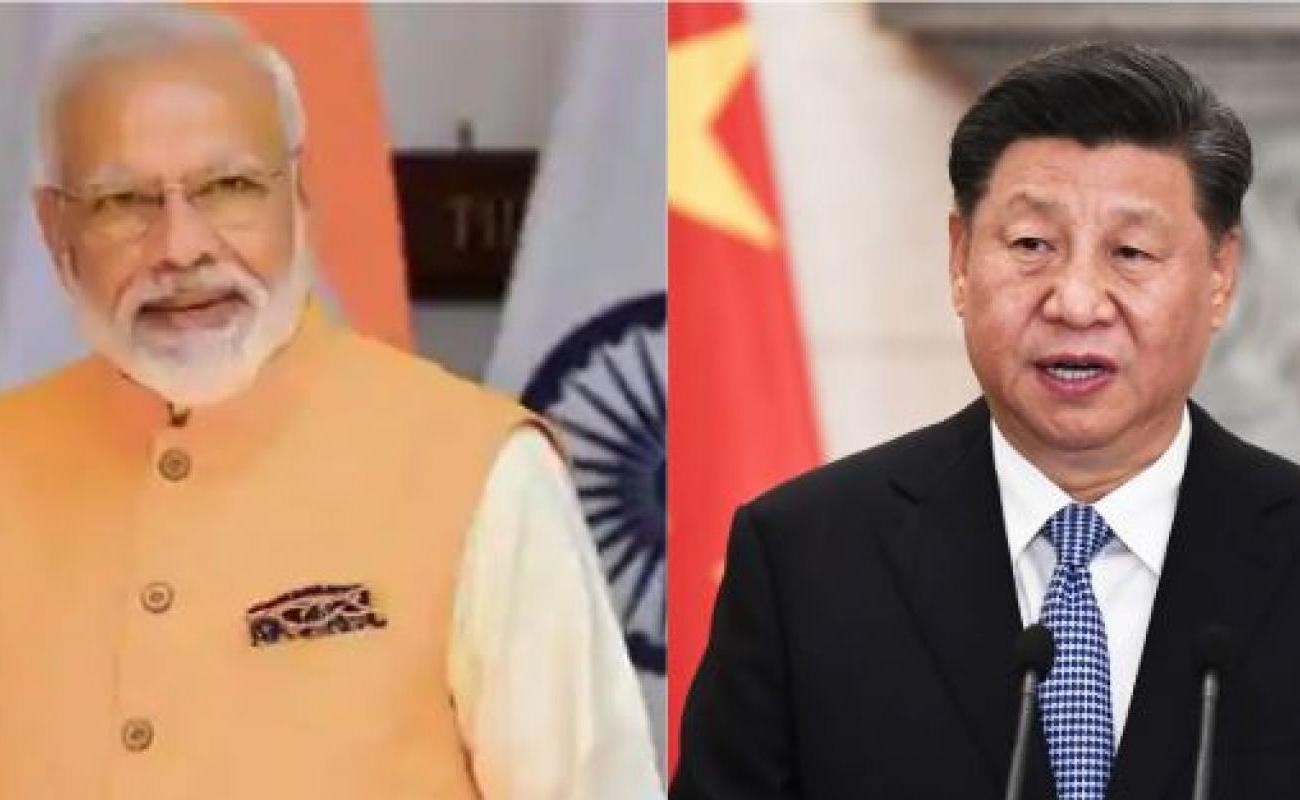After blocking Chinese FDI, India blocks China from investing into Indian markets as well

The COVID-19 Pandemic led to travel restrictions and lockdowns across the world, bringing economies to a grinding halt. With corporates struggling amidst the economic slowdown, many countries have moved to tighten their Foreign Direct Investment (FDI) norms to avoid hostile Chinese takeovers, and India is no exception.
Last month, Modi government had moved to block predatory Chinese FDI, after the People’s Bank of China (China’s Central Bank) acquired 1.01 per cent stake in India’s top lender, Housing Development Finance Corporation (HDFC). Now, India has gone a step further and has also blocked China from investing in Indian markets- Modi government plans to keep a tab on Chinese Foreign Portfolio Investment (FPI) as well.
The FPI investors are different from FDI in the sense that the former involves acquiring smaller shares and churning their investment, whereas the latter is a more long-term and stable source of funding.
With this, India plans to do away with a possible loophole that Chinese investors can use for acquiring shares in India’s listed domestic companies.
New Delhi doesn’t want to offer unbridled access to the Indian markets by Chinese portfolio investors who might be looking at using FPI for hostile takeovers in India given that the direct investment route already stands blocked.
The Department of Economic Affairs in the Union Ministry of Finance is contemplating options including the option of mandating the “approval route” for Chinese FPI as well. The Modi government will also rope in the stock market watchdog, Securities and Exchange Board of India (SEBI) in the consultation process.
In what is going to further irk the Dragon, India plans to cover Hong Kong by the new guidelines but Taiwanese investors will be kept out of the new FPI guidelines against China. This is a grave affront to Beijing’s ‘One China’ principle whereby it still maintains that Taiwan is a part of mainland China.
India plans to broaden the ambit of new guidelines aimed at blocking hostile Chinese investments, and the Department for Promotion of Industry and Internal Trade (DPIIT) is looking to redefine the term “beneficial ownership” (real and substantial control of an investment holding) of shares in line with the provisions of the Companies Act.
This will block indirect Chinese investments into India through the FPI route, and Chinese citizens owning over 10 per cent shares won’t be able to evade Indian government scrutiny even if they route their investments through third countries.
Beijing understands that it cannot directly invest into India, after India tightened FDI norms for its neighbouring countries- the move, of course, focussed on blocking hostile Chinese takeovers.
The CCP regime might have been considering taking the alternative FPI route and using a group of wealthy investors to take over significant ownership of Indian companies.
However, Modi government’s plans to scrutinise Chinese FPI is a brilliant, pre-emptive move that would nip China’s plans of hostile corporate takeovers in its bud.
